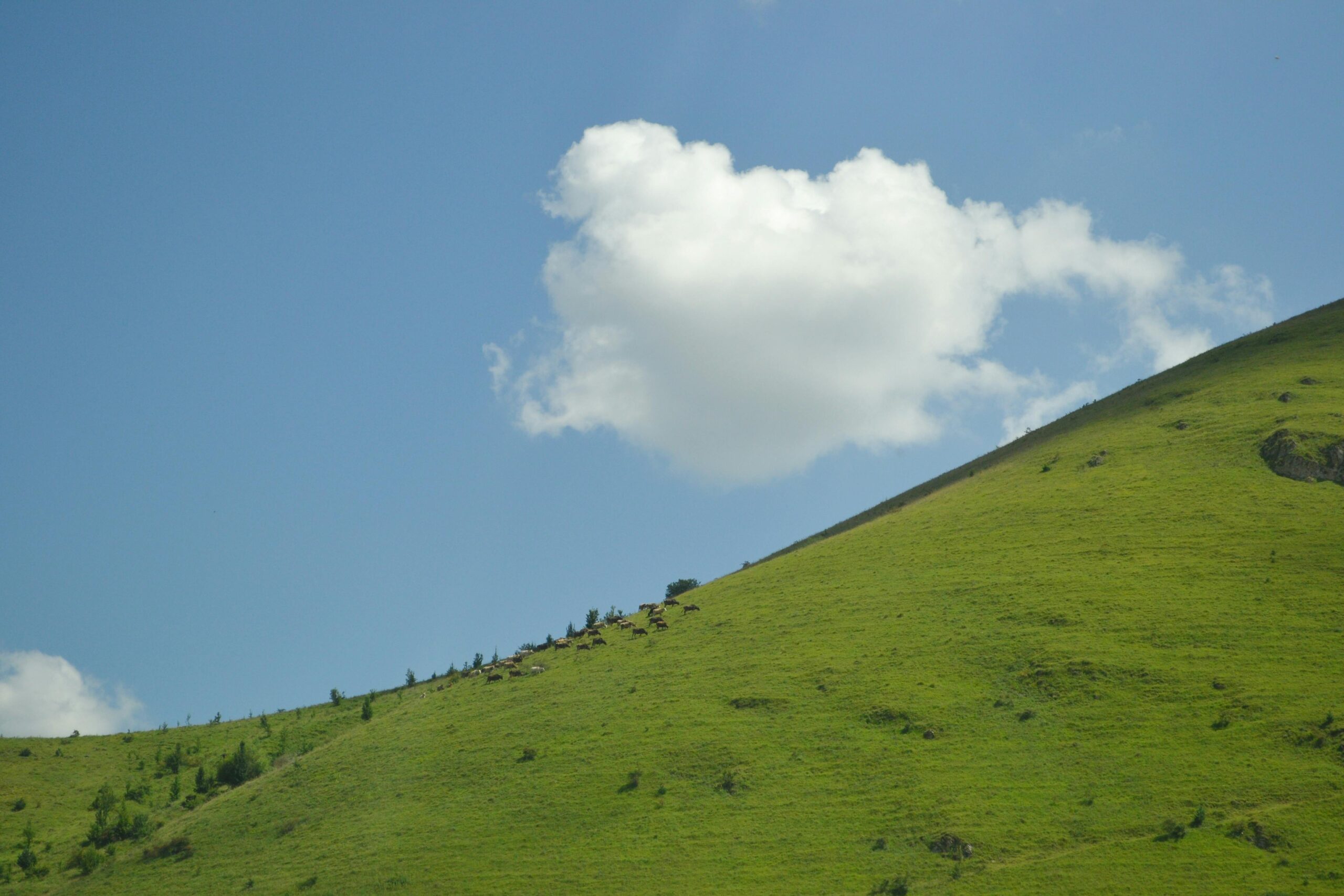NAO chief Gareth Davies tells MPs that, while auditors now spend less time onsite, in-person fieldwork remains essential
Credit: Engin Akyurt/Pixabay
National Audit Office head Gareth Davies has told MPs that it has become “clear” that the public-spending watchdog cannot do its work effectively without some element of face-to-face working.
Davies said he was relieved that the organisation had not rushed into pandemic-time decisions about how its operations might work in the future, and that he detected a growing back-to-the office trend. However, the NAO boss acknowledged that audit staff may spend less time working onsite with organisations whose accounts are being examined than was previously the case.
Davies’s observations on remote working came at a session of parliament’s Public Accounts Commission, the body that oversees the NAO’s work. He was asked if the “appropriate balance” between on-site and remote working had been achieved.
“We’re getting there,” he replied. “We used to send teams for weeks on end to sit at the Ministry of Defence to do the fieldwork. We now take roughly half that time onsite that we did before and we think we’re getting all of the value from being there for that time, and it’s obviously much cheaper as well. So, it’s an efficient way of doing it.”
Related content
- NAO head on the challenges of assessing major projects via ‘fully remote auditing’
- Nearly a third of Defra’s 2,000 applications are past end of life, auditors find
- ‘Not learning from successes or failures’ – NAO head criticises government project evaluation
Davies said he believed the pandemic would result in long-term changes to the way audits are conducted, but that an onsite element needed to remain.
“You need face-to-face time, just being part of the office environment that you’re auditing,” he said. “And, crucially, the relationships you build up with the people who are making the judgments in the accounts – so the finance team, the audit committee. All of our experience was in the first year, and maybe two, of the pandemic you were trading on existing relationships. And that was OK, but they quickly deteriorate. And any change and you don’t have that relationship with the new people. We’re insisting on face-to-face meetings to set up the work, to sign off the key stages and to meet the audit committee.”
Davies said it had been evident that no long-term decisions about the NAO’s future property requirements should be made during the “heat of the pandemic”.
“We needed to wait, and I’m glad we did that, actually,” he said. “We are now much clearer that we’re not a remote-working organisation. We need to have people together. There was a risk, a year or so ago, of organisations concluding prematurely that they were going to work remotely for a significant amount of time and dispensing with a lot of office space, and boxing themselves into a strategy that they might now be regretting. Because I detect, generally, a shift back to having people in the office.”
Davies added that staff training had suffered during the pandemic, particularly for new recruits.




Muchas gracias. ?Como puedo iniciar sesion?